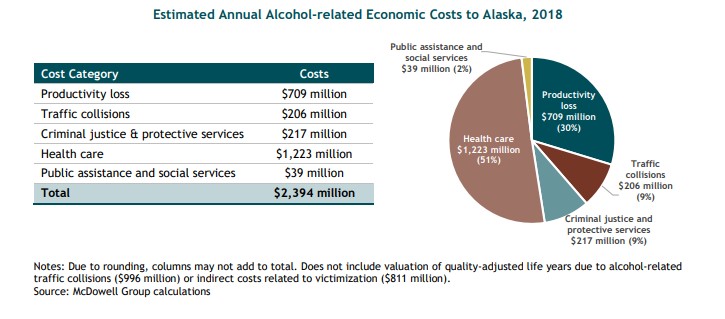Did you know that, besides federal law, each state has its own laws around drug testing? What do you know about Alaska’s drug testing law? As an employer, if you work for a federal or state agency, the laws can be different, and there is even overlap.
Alaska Law
Certain tests such as drug panels or post accident can have no restrictions. Other situations, like random testing, are often limited to safety-sensitive employees. Safety sensitivity has no universal definition, and many states have written their own formal definition of it. Safety sensitive industries are industries where a job could easily cause harm to another person. These laws are constantly changing and have a lot of exceptions. It is best to speak with one of our staff members about your needs and questions.
Positions include jobs where vehicles are operated, heavy machinery is used, healthcare workers, and so on. The definition traditionally only covers physical safety, but in today’s world of driving cars, and data security, an update could be needed. In the state of Alaska, there are no carve outs or specifications that require an employee to fall under a safety sensitive industry.
Certain state’s medical and/or recreational marijuana laws are worded so as to allow employers to retain all disciplinary/termination rights under the state’s general laws. In [Alaska], as long as testing is performed in compliance with all applicable state drug and alcohol testing laws or federal regulations, employers don’t have need of a safety-sensitive carve out, as they retain all rights regardless of cardholder status or marijuana use (DISA).
Last updated in April, National Drug Screening offers a full list of drug laws in Alaska. We are ready on the phone and in person to answer your questions about which tests will be best for your employees’ needs.
Oral Fluid Testing and Marijuana
Oral Fluid Testing is currently legal and is also a new DOT regulation. However, no lab has been approved to accept these tests, yet. In the meantime, you can reach out to us with questions about oral fluid testing. Once labs are approved, it may help with transportation recruitment issues in the trucking and bus industries. Many agencies use urine tests to detect marijuana use up to 30 days prior, causing issues in the 23 states, including Alaska where it’s legal. Oral fluid testing (sometimes called a spit or saliva test) only detects use as far back as 5 to 48 hours. This shorter window allows people who work in certain agencies to smoke outside of work hours and come to work sober.
Speaking of sober, many people focus on drugs, but forget one of the most potent drugs of all–alcohol.
2.4 billion dollars is the estimated cost of economic loss to the state of Alaska due to alcohol misuse.

“Many more companies test for other drugs but do not bother testing for alcohol misuse. 71 percent of workplaces with more than 1,000 employees conduct drug tests, and 42 percent test for alcohol misuse. In contrast, 40.2 percent of worksites with 50 to 99 employees conduct drug tests, and 16.5 percent test for alcohol misuse” (Bureau of Labor). However, “more people in the U.S. die of alcohol-related causes than from opioids and other drugs.” This is also true in our home state of Alaska.
By including alcohol testing alongside drug screening, employers not only promote a truly safe work environment, but they also champion equitable treatment and trust among their employees. To be truly comprehensive and fair in our safety efforts, alcohol testing should be an undisputed standard. Contact us today at (907) 561-7587 and visit our page on breath-alcohol testing to learn more about a fully-rounded, fair safety protocol. Make the shift today!

